Hiring the right bookkeeper is a crucial step for any business, big or small. A bookkeeper’s role is fundamental in managing your financial records and ensuring your business’s financial health. This guide will walk you through the key considerations in how to hire a bookkeeper, from choosing between full-time and freelance options to understanding the importance of certifications and deciding on pay rates.
Full-time vs freelance bookkeeping
Freelance bookkeepers are a good choice for small businesses and individual needs. Small businesses usually don’t have many financial transactions. So, hiring a freelance bookkeeper is enough to manage their money matters. This way, small businesses save money because they don’t need a full-time bookkeeper.

But, big companies with lots of financial activities might need a full-time bookkeeper. Sometimes, if the company is really big or has many places, they might need more than one full-time bookkeeper. Even though freelance bookkeepers charge by the hour and might seem cheaper, for big companies, this can end up costing more. That’s because big companies have a lot of work for bookkeepers, and paying a freelancer for all that work can be more expensive than having a full-time employee.
Skills to look for in a great Bookkeeper
An ideal candidate for a bookkeeper position should possess a combination of specific skills and attributes, along with relevant work experience, including:
- Formal training in bookkeeping, either through a recognized certification program or through practical experience gained in previous bookkeeping roles.
- Proficiency in QuickBooks, demonstrating the ability to efficiently manage financial data using this popular software.
- Strong skills in using Excel, essential for organizing financial information, performing calculations, and preparing reports.
- An exceptional eye for detail, crucial for ensuring accuracy in financial record-keeping.
- A well-developed sense of organization, enabling effective management of multiple tasks and maintenance of orderly financial records.
- Outstanding communication abilities, both verbally and in writing, necessary for explaining financial concepts clearly and preparing comprehensive reports.
Consider accounting firms for your business
Outsourcing bookkeeping to an accounting firm is a smart move for any business looking to streamline its financial management. It’s cost-effective, saving you the expenses and complexities of hiring a full-time employee. You gain access to a team of experts, ensuring top-notch financial handling and compliance with the latest regulations. This move frees up your time to focus on core business activities, driving growth and efficiency. Plus, with an accounting firm, you get scalable services tailored to your business’s evolving needs, along with robust data security. In short, it’s a strategic decision that offers peace of mind, professional expertise, and a clear path to better financial health for your business.
At XOA TAX, we have a team of dedicated CPAs who have years of experience helping clients from various industries such as e-commerce, construction, dentistry, chiropractic, real estate, pharmacy, non-profit, and so on. Focus on growing your business, leave your records on us.
How to hire a bookkeeper? Where to find bookkeepers?
To find a good bookkeeper for your business, you can try several different ways to recruit:
Connect with Local Colleges: Build relationships with colleges and universities near you. This way, you can find recent graduates who are looking for jobs in accounting.
Put Up Job Ads Locally: You can hang flyers in your local area to let people know about the job opening. This is a simple way to reach potential applicants who live nearby.
Hire Someone Within Your Company: Look inside your own company for employees who might want to move into accounting. You can interview these people to see if they are interested and suitable for the job.
Post the Job Online: Use job websites like Indeed to post your bookkeeper job. This can help you reach a lot of people and find qualified candidates for the position.
Does certification matter when hiring a bookkeeper?
When it comes to bookkeeping certifications, they are not mandatory like the CPA designation in accounting, but they do hold significance.
Certified Public Bookkeeper (CPB):
This certification is offered by the National Association of Certified Public Bookkeepers (NACPB) and is relatively easier to obtain.
To become a CPB, a bookkeeper needs one year (or 2000 hours) of practical bookkeeping experience, must agree to follow the NACPB’s Code of Professional Conduct, and pass an examination.

Certified Bookkeeper (CB):
The American Institute of Professional Bookkeepers (AIPB) grants the Certified Bookkeeper status.
The AIPB views the CB certification as a way to prepare bookkeepers to effectively function as a small business’s informal Chief Financial Officer.
Requirements for a CB include two years of bookkeeping experience, adherence to the AIPB’s Code of Ethics, and passing a more comprehensive and detailed exam compared to the CPB exam.
In summary, while bookkeeping certifications like CPB and CB are optional, they represent a bookkeeper’s commitment to professionalism and expertise, potentially elevating their role to that of a key financial advisor in a small business setting.
Decide on Bookkeeper Pay Rates
When planning to hire a bookkeeper, it’s crucial to determine their salary in advance. Including this in your job advertisement can not only draw in more qualified applicants but may also be a legal requirement. The salary you decide on will depend on various factors, such as the location of your company, the level of experience you require, whether the bookkeeper will be a contractor or an employee, and the industry your business operates in.

According to the Bureau of Labor Statistics (BLS), the average annual salary for a full-time bookkeeper in 2022 was about $45,000. However, bookkeeper salaries can range significantly, from around $30,000 to over $65,000. This variation is influenced by specific factors like your industry, the bookkeeper’s experience, the particular requirements of your business, and the geographical location of your company.
How are bookkeepers different from accountants?
Bookkeepers handle the daily financial record-keeping of a business, such as tracking receipts, invoices, and other transactions. Accountants, however, provide deeper business insights based on this information, tackling complex tasks like creating financial statements and managing tax filings. While bookkeepers maintain the financial data, accountants analyze and interpret this data for higher-level business decisions. For a more detailed explanation of the differences between bookkeeping and accounting, and how each can benefit your business, check out the article Understanding the Difference Between Bookkeeping and Accounting.





















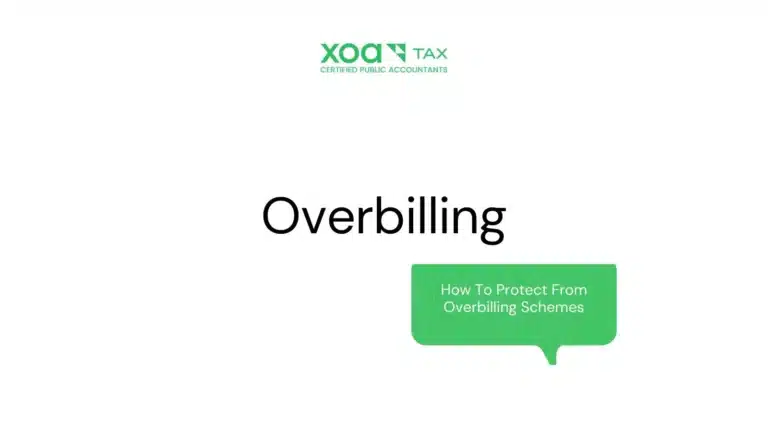



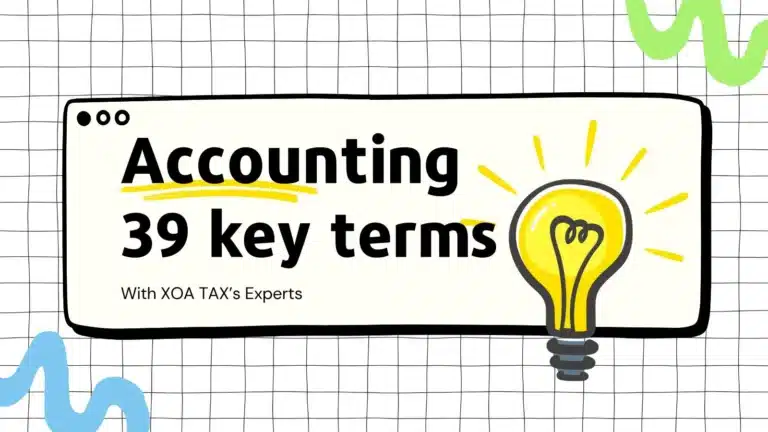


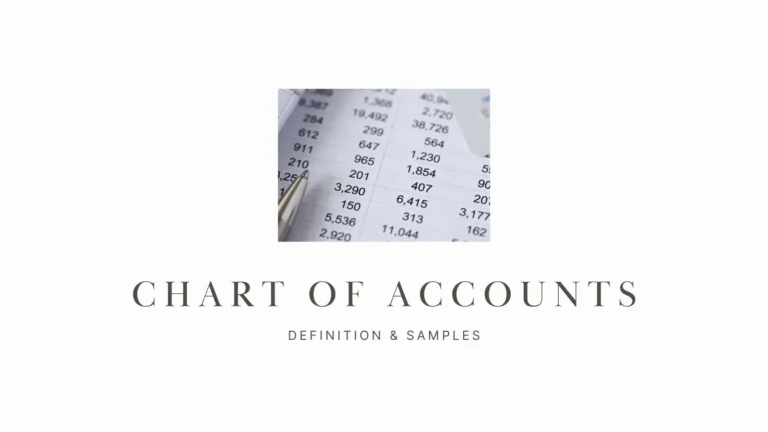








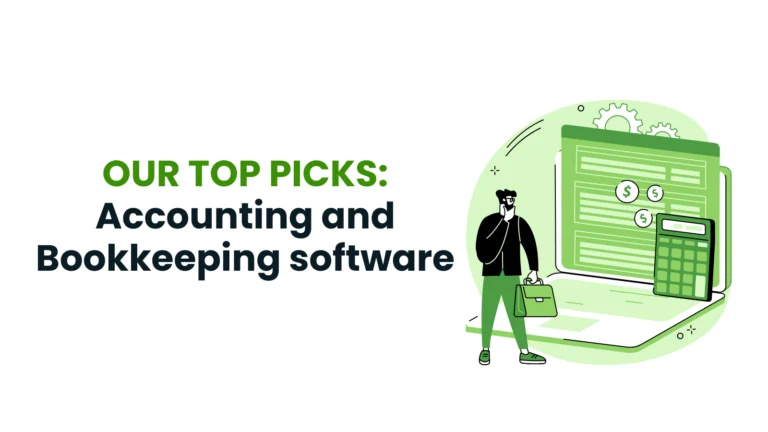
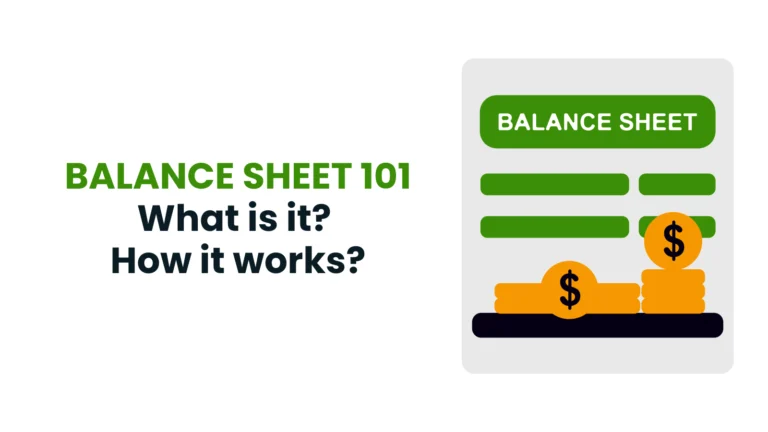

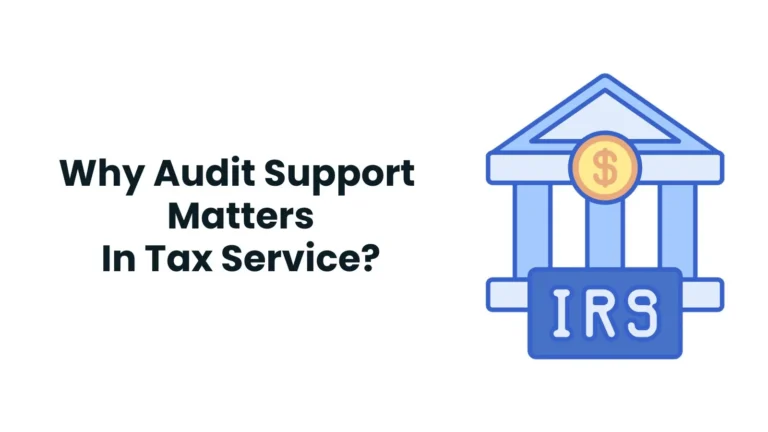




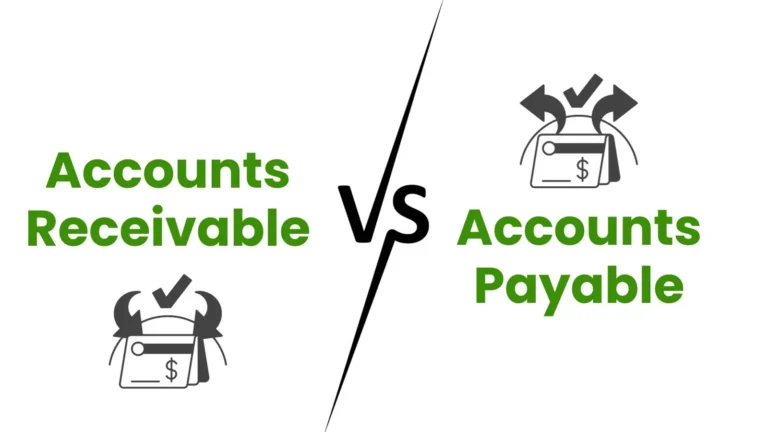



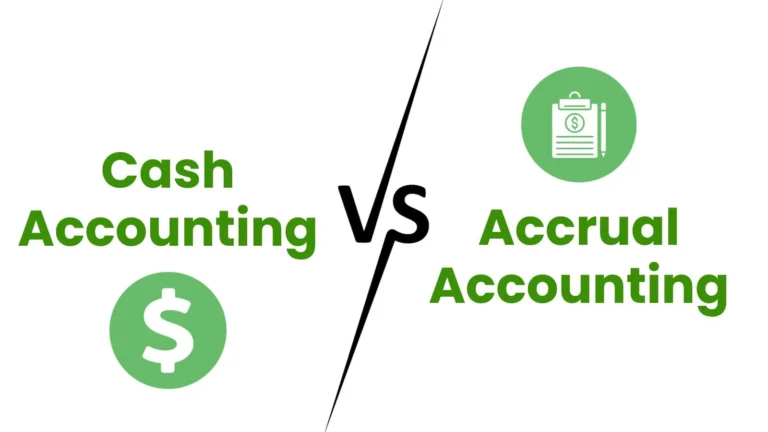




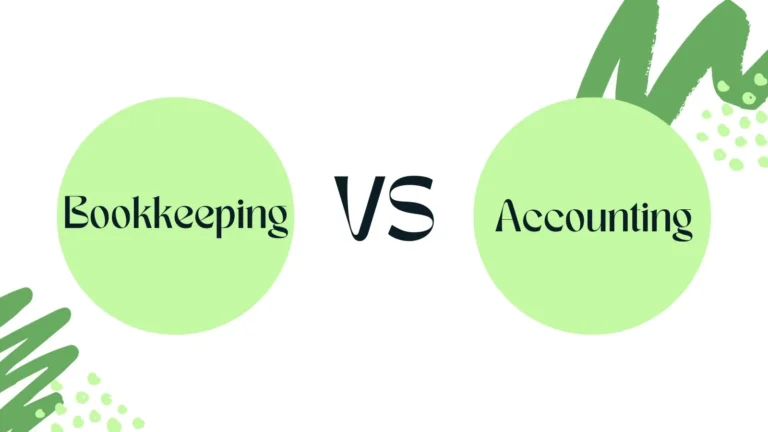

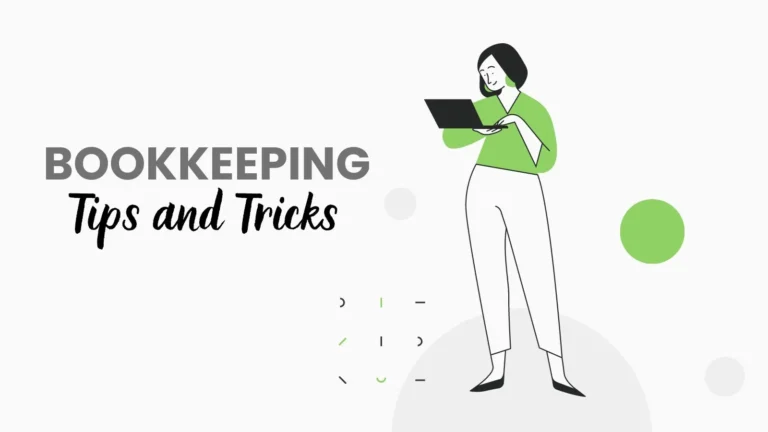





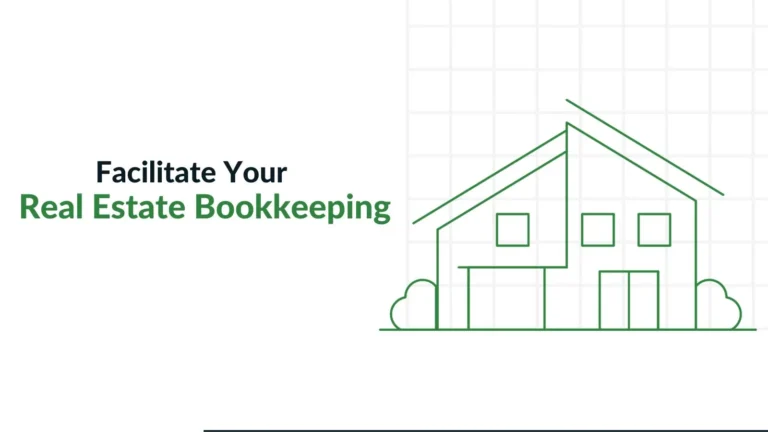

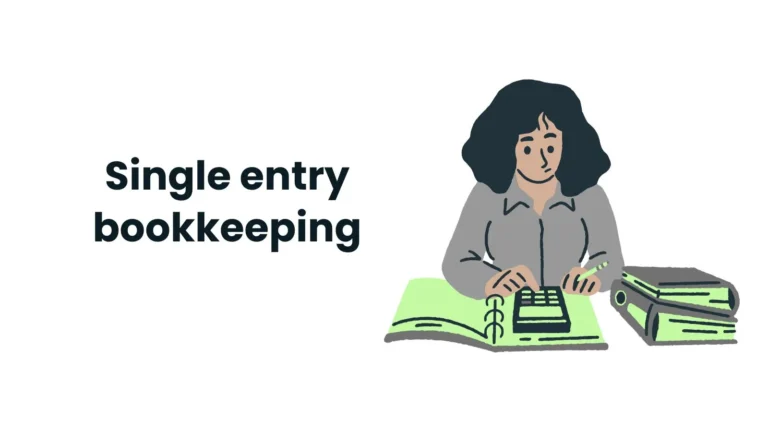








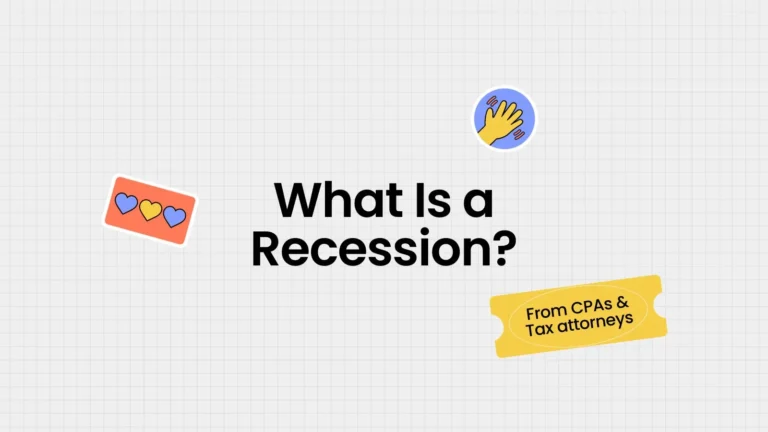


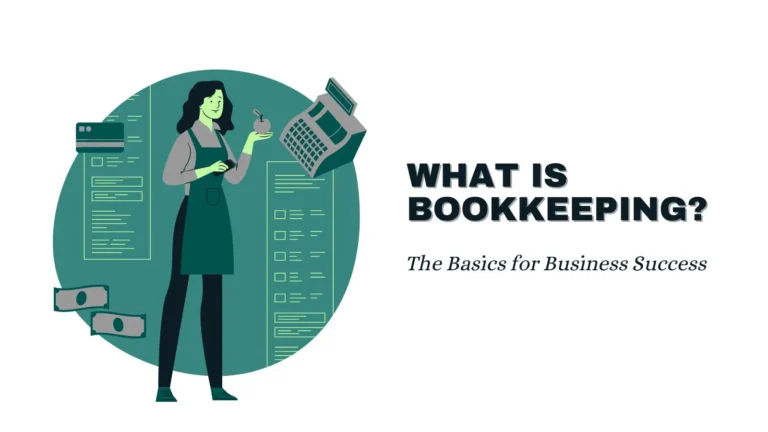



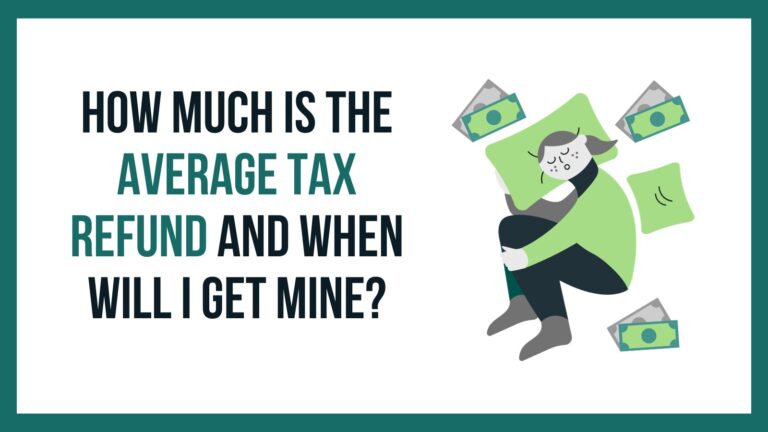

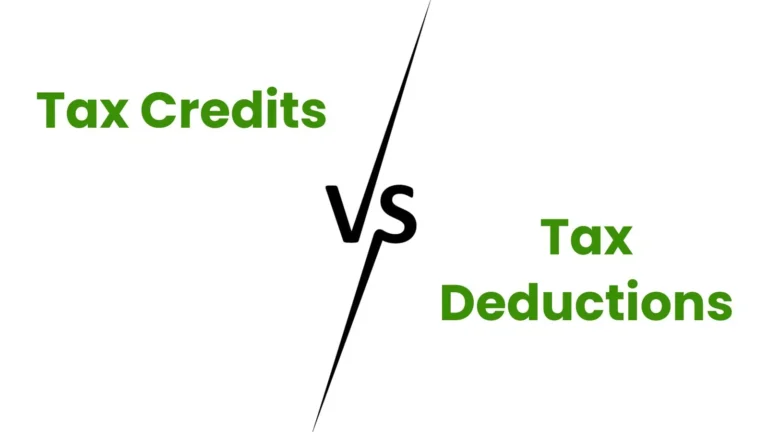








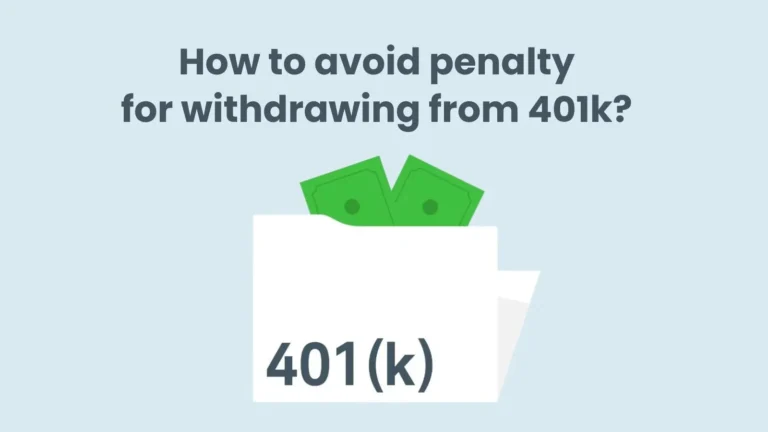








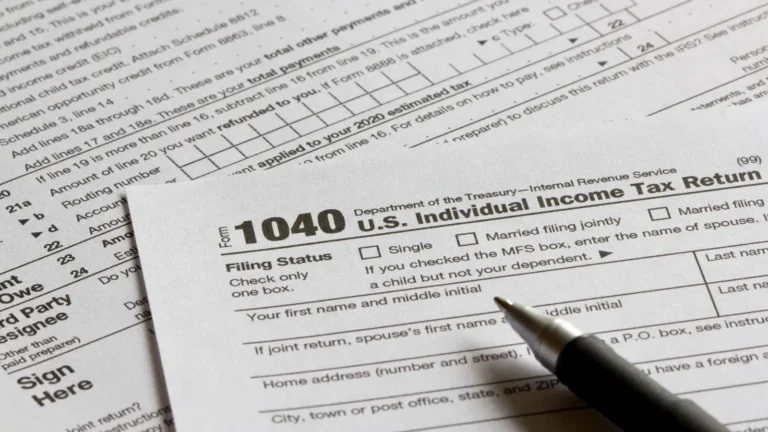





 anywhere
anywhere  anytime
anytime